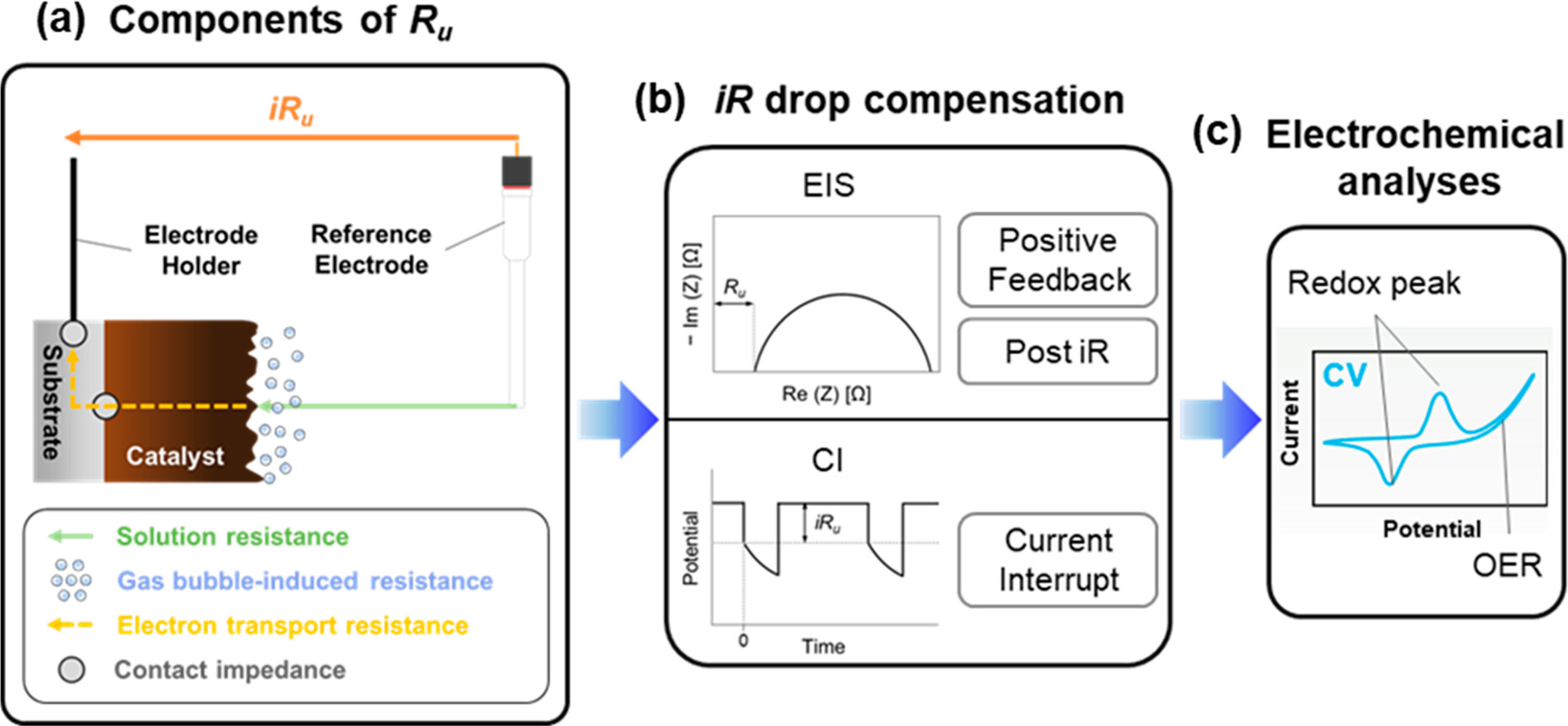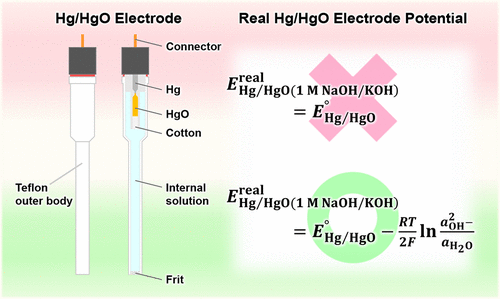Standards and Protocols
Electrocatalysis research needs standard protocols!
Motivation
Electrocatalysis research is essential across various fields and is a key topic in many specialized journals. Despite numerous publications claiming advances in electrocatalytic activity, achieving an ideal catalyst remains challenging in some areas. A trend of publications that do not advance scientific or engineering knowledge of electrocatalysis is often attributed to inadequate testing environments and conditions. This issue stems from a lack of standardized procedures for cell configurations, device assembly, accelerated stress tests, reference materials, and data reporting, which hinders accurate comparisons and reduces reproducibility. Therefore, it is imperative to establish methods for accurate electrocatalyst comparison across laboratories.
I aim to develop strategies that enhance the standardization of methods and procedures in electrocatalysis and related fields. Drawing on my background in analytical chemistry, I advocate for robust and accurate testing protocols for characterizing electrocatalytic materials.
Research Projects
As part of the Mullins group, our team developed a series of tutorials and guidelines for experimental practices in electrocatalytic water splitting. We reported a case study on iR compensation for studying transition metal oxide OER catalysts, examining the roles of different uncompensated resistance (Ru) components under varying testing conditions (Figure 1). We provided practical guidelines for correctly measuring and interpreting uncompensated resistance and selecting the appropriate iR compensation method.

Following a similar approach, we outlined precise methods for obtaining accurate potentials for Hg/HgO reference electrodes in NaOH/KOH solutions of different concentrations (Figure 2).

Currently, our team is engaged in a comprehensive effort to standardize methods in electrocatalysis.